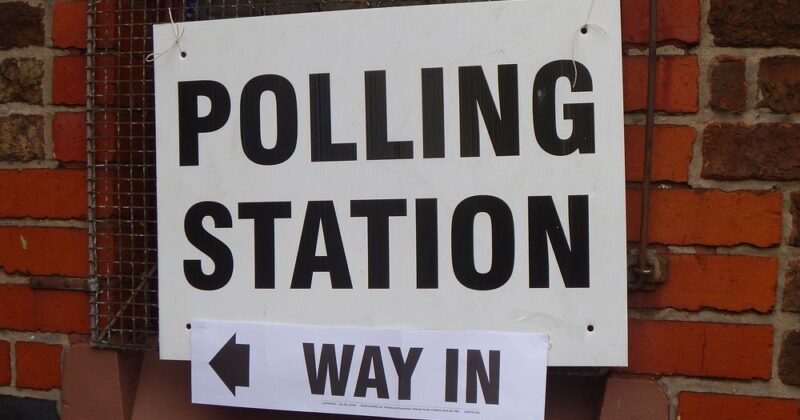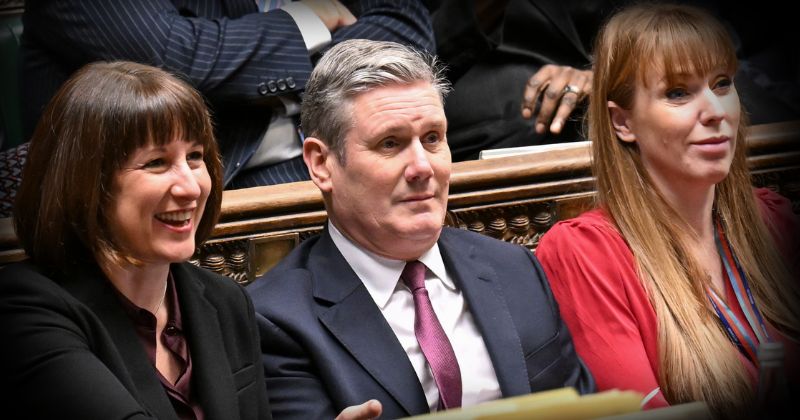Military trials and constitutional principles
 The Egyptian army’s attack on unarmed Coptic demonstrators has not occurred in a vacuum. It takes place in the run-up to parliamentary elections, due to begin on 28 November and end on 10 January; following large protests against the trial of civilians by military courts; and in the midst of controversy around a new “constitutional principles document” put forward as the first draft of Egypt’s new post-Mubarak constitution.
The Egyptian army’s attack on unarmed Coptic demonstrators has not occurred in a vacuum. It takes place in the run-up to parliamentary elections, due to begin on 28 November and end on 10 January; following large protests against the trial of civilians by military courts; and in the midst of controversy around a new “constitutional principles document” put forward as the first draft of Egypt’s new post-Mubarak constitution.
Drawn up by Deputy Prime Minister for Political Affairs Dr Ali al-Selmy, a member of the liberal nationalist Wafd party, it grants the army top brass a whole raft of special powers, placing the defence budget above parliamentary scrutiny and giving the military a veto over questions of war and peace. It also purports to give strong powers to the Presidency, although as Moroccan-American journalist Issandr El Amrani noted: “this ignores the fact that the parliament may choose a parliamentary system without a strong President to begin with”.
What is clear is that SCAF and its chosen civilian ministers are preparing the way for a “democratic” counter-revolution to reverse the gains made by the masses on the streets since January, by creating a militarised Turkish-style state in which elected politicians must consult the military on any questions of real importance.
The situation on the ground reflects this, with around 15,000 civilians tried in military courts since Mubarak’s forced resignation on 11 February.
Activist and blogger Alaa Abd El Fattah of the No Military Trials for Civilians (NMTC) movement was arrested at the Maspero protests alongside another activist Bahaa Saber, charged with “assaulting military personnel”, “stealing weapons” from the army, and “inciting violence against the military”. They have refused to answer questions from military personnel while under interrogation, and have since called for an Egypt-wide boycott of the military courts. The fact that Fattah has been charged with inciting violence when it was military armoured personnel carriers that crushed so many people to death shows how outrageous his trumped up charges are.
SCAF’s chairman and commander-in-chief of the armed forces, Field Marshal Mohamed Hussein Tantawi, has promised to end civilian trials in military courts “except as provided for by martial law”. But the Military Justice Code allows the military authorities the sole right to determine if a case is within their jurisdiction. There is now a growing campaign against the military trial of civilians and the acting government’s denial of the right to criticise the military.
It is clear that although Mubarak has gone, there is still a serious lack of democratic rights in the country. That is why Egyptian revolutionaries are calling for a revival of the ‘stifled revolution’ and a concerted effort to break the power of the military over political affairs. They have linked their struggle up with those in the Occupy movement across the world. Fattah wrote a letter from prison saying “Our strength is in our shared struggle. If they stifle our resistance, the 1 per cent will win – in Cairo, New York, London, Rome – everywhere. But while the revolution lives, our imaginations knows no bounds. We can still create a world worth living.”






